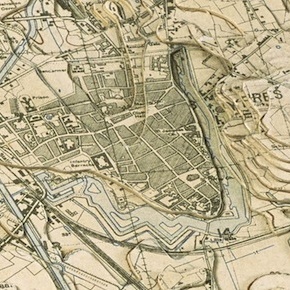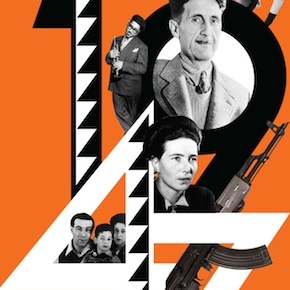
Unquiet spirits
Even now, perhaps most especially today, understanding the events of the first half of the twentieth century has a significance that we cannot possibly afford to ignore. The way to the trauma, evil and pain, to the sociohistorical origins, causes, sociodynamics and pitfalls, and to the portents and lacunae we overlooked to our horrific detriment,...

The truth of the lie
“The duty of art (or of thought) consists in showing us the complexity of existence in order to make us more complex, in examining the mechanics of evil, so that we may avoid it, and even the mechanics of good, perhaps so we may understand them”. This is Javier Cercas’ declaration of intent at the...
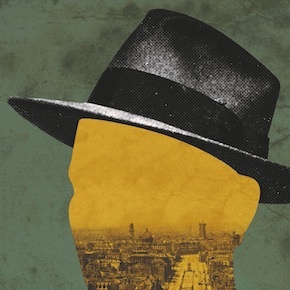
In the zone
In early 1947, the time in which The Ashes of Berlin is set, the Second World War had been over nearly two years. Although the guns had fallen silent, the war’s effects lingered on, and the peace had thrown up problems all its own. The main character of the novel, Inspector Gregor Reinhardt, returns to...

The Leica way
In his previous book, Norwegian Wood (MacLehose Press, 2015), Lars Mytting composed an elegy to trees – not only as an elemental form of life, as symbols, and as the other, vital half of the animate cosmos, but also in their immutable relation to man. Norwegian Wood is about the transcendental materiality of timber, logs,...
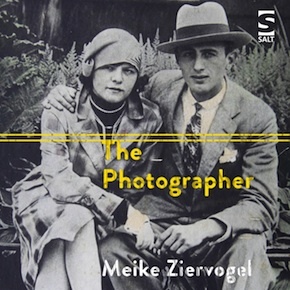
Lives in black and white
If we seek truths, we should look into fairy tales; at least this seems to be Meike Ziervogel’s advice, as she begins her novel with the all-familiar “Once upon a time…” It is still hard for Germany to search for truths, the many sore, dark, unspeakable looming truths behind the period of National Socialism, the...
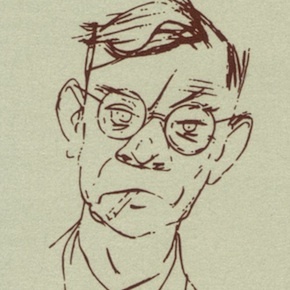
Wraiths of neither good nor evil
With the hindsight of history, with the raw, stinging feeling on the skin of one’s conscience of the viciousness and harrowing desolation that was spawned by Nazi rule and WWII, it may seem that there was for Germany a distinct separation between a brutal, all-obliterating moment of total guilt and a redeeming ‘moment after’ of...
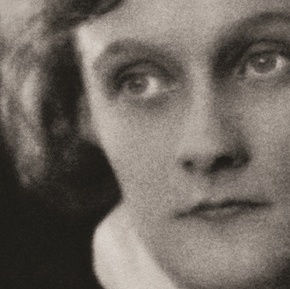
Waves of joy and doubt
During the Second World War Astrid Lindgren, creator of Pippi Longstocking, was an aspiring writer living in Stockholm with her family, working in a top secret job at the Swedish Mail Censorship Office. Horrified and fascinated as world events unfolded, she kept a meticulous diary full of newspaper clippings (and occasional snippets from the letters...
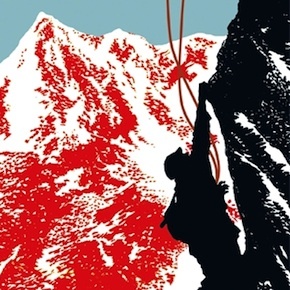
Dreamland
No Picnic on Mount Kenya is neither a war memoir nor the travel log of an exotic mountaineering expedition; neither history pure and unimpeachable, nor a novel where the imagination is given free reign; it is neither biography nor documentary. It is, and explosively, all of the above – a grippingly beguiling tale as well...
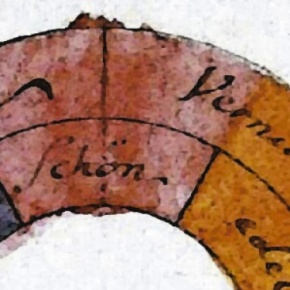
A genealogy of shadows
In September 1941, Walter Andreas Hofer, special art agent for Hermann Goering, was breathlessly scouring France for any and all works that might make suitable additions to his employer’s ambitious, almost gargantuan art collection. Far too often for his liking, he found himself in a mightily frustrating predicament: sequestering individual pieces or whole collections from...
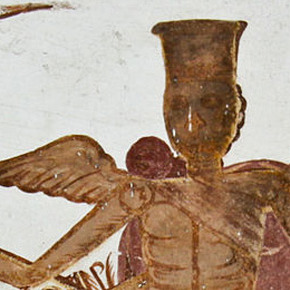
Visiting hour
The hospital room smelled of antiseptic cleaner, but it could not mask the odor of sickness. It was Michael’s eighty-fourth birthday. He did not feel like celebrating. He had just survived a week in the Intensive Care Unit after his kidneys, heart and lungs had failed. When he was moved out of the ICU, the...
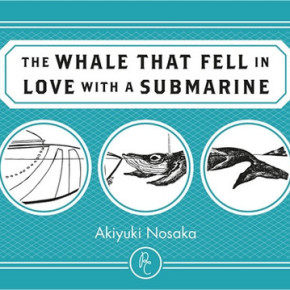
War stories for children
“Maybe humans aren’t such a terrible animal after all,” reflects a whale that daydreams about aeroplanes in the sky and fatefully falls in love with a Japanese submarine. As the whale insouciantly navigates the sardine-filled waters of nature, the human sea-routes of warships and submarines and the airways of military planes are rife with death...

